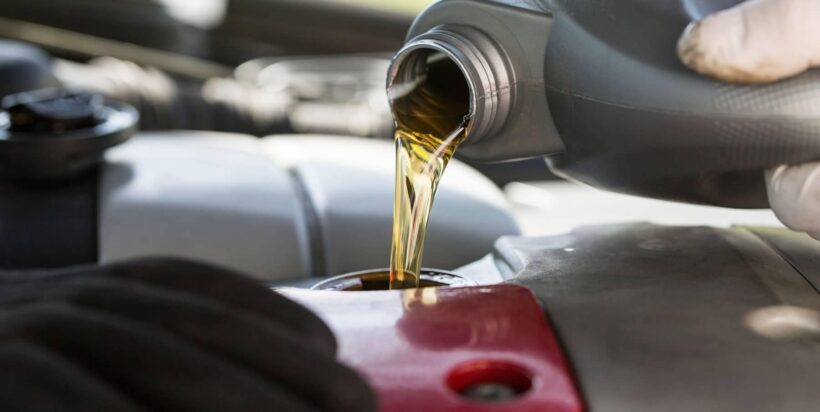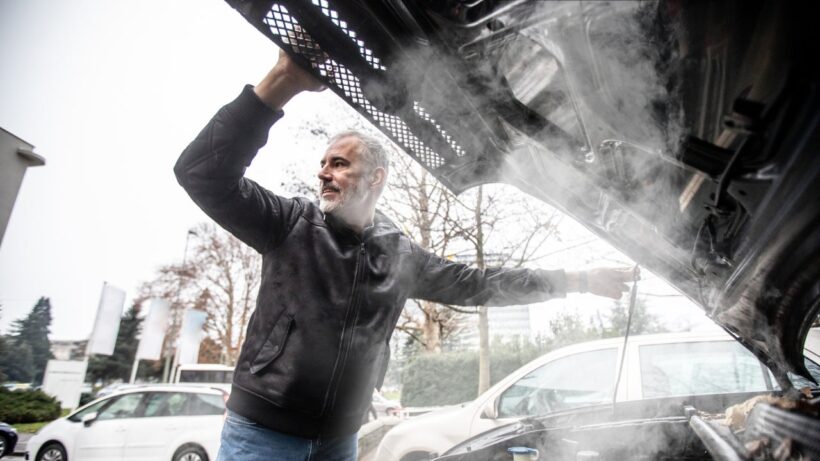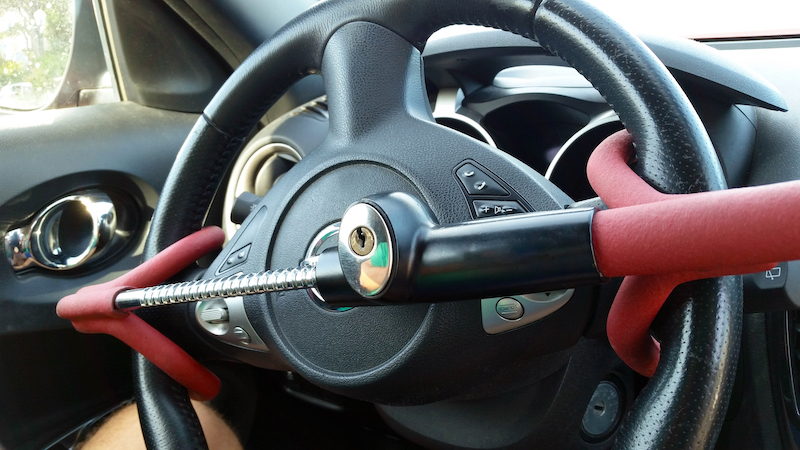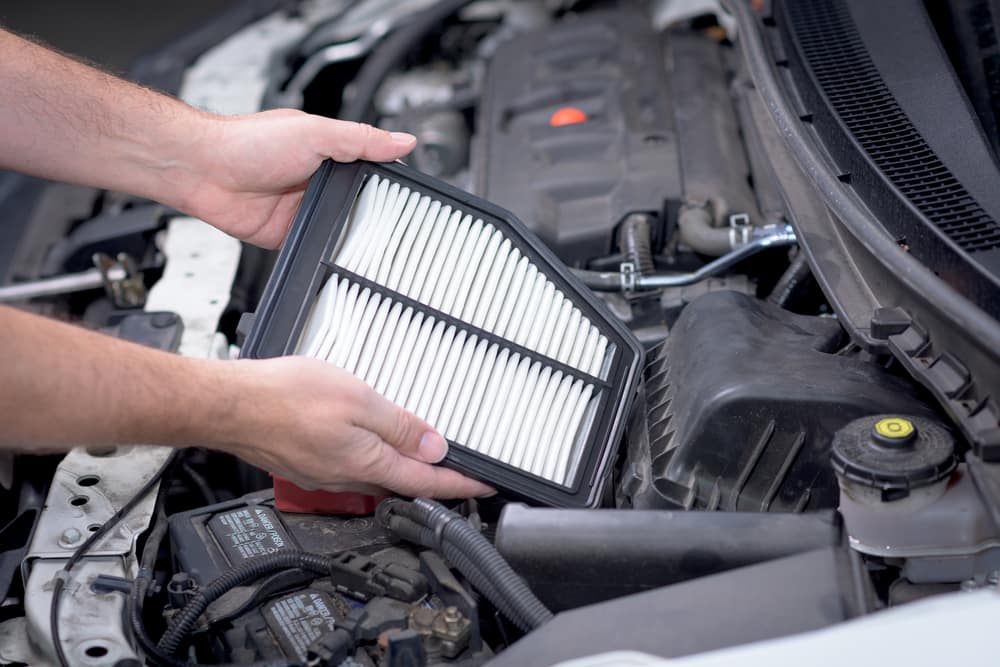In the fast-paced world of automobiles, ensuring the longevity and safety of your vehicle requires a multifaceted approach. From routine maintenance to unforeseen accidents, safeguarding your ride demands proactive measures. In this comprehensive guide, we’ll explore the spectrum of protection, covering everything from meticulous maintenance routines to strategic accident preparedness.
The Foundation: Routine Maintenance
1. Oil Changes: The Lifeblood of Your Engine

Regular oil changes are the cornerstone of vehicle maintenance. Clean oil lubricates your engine, reducing friction and preventing premature wear. Aim for oil changes every 3,000 to 5,000 miles, depending on your vehicle and driving conditions.
2. Fluid Checks: Nurturing Vital Systems
Don’t overlook essential fluids like coolant, brake fluid, and transmission fluid. Periodic checks and top-ups ensure that these critical systems function optimally, reducing the risk of breakdowns and costly repairs.
3. Tire Care: Where the Rubber Meets the Road
Proper tire maintenance enhances safety and fuel efficiency. Regularly check tire pressure, rotate tires, and ensure wheel alignment. Balding or unevenly worn tires compromise handling and traction, making them a safety hazard.
4. Battery Health: Ignition Reliability
A well-maintained battery is crucial for a reliable ignition. Regularly inspect for corrosion, ensure tight connections, and replace batteries every 3-5 years. A proactive approach to battery care can prevent inconvenient breakdowns.
Defensive Driving: Avoiding Accidents

1. Stay Alert: The Power of Awareness
Maintaining focus on the road is the first line of defense against accidents. Avoid distractions, such as texting or adjusting the radio, to ensure you’re fully aware of your surroundings. Defensive driving techniques can help anticipate and react to potential hazards.
2. Regular Brake Checks: Stopping Safely
Your vehicle’s braking system is your primary safety mechanism. Schedule regular brake inspections to detect issues like worn pads or fluid leaks. Prompt brake repairs prevent accidents and protect you and your vehicle from harm.
3. Proactive Suspension Maintenance: Stability Matters
A well-maintained suspension system contributes to stability and control. Worn-out shocks or struts can compromise handling and increase the risk of accidents. Regular inspections and timely replacements ensure your vehicle handles the road with precision.
4. Advanced Driver Assistance Systems (ADAS): A Modern Shield
Embrace technology to enhance safety. ADAS features, such as lane-keeping assist and collision warning systems, act as an additional layer of protection. Regularly calibrate and update these systems to ensure they function effectively.
Financial Safeguards: Insurance and Emergency Funds
1. Comprehensive Insurance: A Safety Net for the Unforeseen

Investing in comprehensive insurance coverage protects you financially in the event of accidents, theft, or natural disasters. Understand your policy thoroughly, ensuring it aligns with your needs and the value of your vehicle. Don’t hesitate to ask questions like, “Does car insurance cover a blown engine, transmission, or total?” to ensure you have adequate coverage.
2. Emergency Fund: A Cushion for the Unexpected
Create a financial safety net for unexpected repairs or emergencies. Having an emergency fund ensures you can address issues promptly, preventing small problems from snowballing into major financial burdens.
Proactive Repairs: Nipping Issues in the Bud
1. Addressing Minor Issues: A Stitch in Time
Don’t procrastinate on minor repairs. Addressing small issues promptly prevents them from escalating into major, costly problems. Regular inspections by a qualified mechanic can catch potential problems before they compromise your vehicle’s performance.
2. Scheduled Maintenance: A Preventive Strategy
Follow the manufacturer’s recommended maintenance schedule. Regular servicing by certified technicians helps identify and rectify potential issues, keeping your vehicle in optimal condition and minimizing the risk of unexpected breakdowns.
Security Measures: Theft Prevention
1. Anti-Theft Systems: Deterrence in Action

Invest in a reliable anti-theft system to safeguard your vehicle. Visible deterrents, such as steering wheel locks or alarms, can discourage thieves, while advanced systems like GPS trackers provide an additional layer of security.
2. Secure Parking: Choosing Wisely
Park in well-lit areas with high visibility to deter thieves. Utilize secure parking facilities when possible. Avoid leaving valuables in plain sight, reducing the temptation for opportunistic criminals.
Environmental Considerations: Protecting Your Vehicle from the Elements
1. Regular Washing and Waxing: A Shield Against Corrosion
Frequent exposure to the elements can lead to corrosion and deterioration. Regularly wash and wax your vehicle to create a protective barrier against environmental hazards, such as salt and pollutants.
2. Garage Parking: Shelter from the Elements
Whenever possible, park your vehicle in a garage to shield it from extreme weather conditions. This not only protects the exterior but also preserves the integrity of internal components over time.
Safeguarding your vehicle involves a proactive and holistic approach. By integrating routine maintenance, defensive driving habits, financial safeguards, proactive repairs, security measures, and environmental considerations, you create a comprehensive shield that ensures the longevity, performance, and safety of your cherished ride. Remember, the key to a lasting relationship with your vehicle is not just in driving it but in caring for it with unwavering dedication.
Enhancing Visibility: Clear Sight, Safe Driving
Regular Wiper Blade Replacement is essential for maintaining visibility during adverse weather conditions. Replace them every 6 to 12 months or whenever you notice a decrease in performance. This simple step can drastically improve your ability to see clearly in rain, snow, and sleet.
Headlight Maintenance is also crucial. Properly functioning headlights are vital for night driving and low-visibility conditions. Regularly check and replace bulbs, and clean or restore headlight lenses to ensure maximum illumination and visibility on the road.
Fuel Efficiency: Optimizing Performance and Economy

Replacing your Air Filter regularly improves engine efficiency and enhances fuel economy. Replace your air filter according to your vehicle’s maintenance schedule, or more frequently in dusty conditions, to ensure optimal engine performance.
Fuel system maintenance is important for keeping the engine running smoothly. Regular maintenance, including cleaning fuel injectors and replacing fuel filters, can prevent issues like clogging and ensure efficient fuel consumption. This not only saves money on fuel but also contributes to the overall health of your engine.
Technology Upgrades: Keeping Pace with Innovation
Infotainment System Updates can enhance your driving experience and ensure access to the latest features and improvements. Regular updates can include navigation system enhancements, better connectivity options, and more intuitive user interfaces.
Emission Control maintenance is environmentally responsible and often a legal requirement. Regular checks of components like the catalytic converter and oxygen sensors can ensure your vehicle meets emission standards and operates efficiently.
By incorporating these additional aspects into your vehicle care routine, you further enhance its safety, performance, and longevity. From ensuring clear visibility and maintaining fuel efficiency to embracing technological advancements and emission control, each element plays a vital role in the comprehensive protection and optimization of your vehicle.

